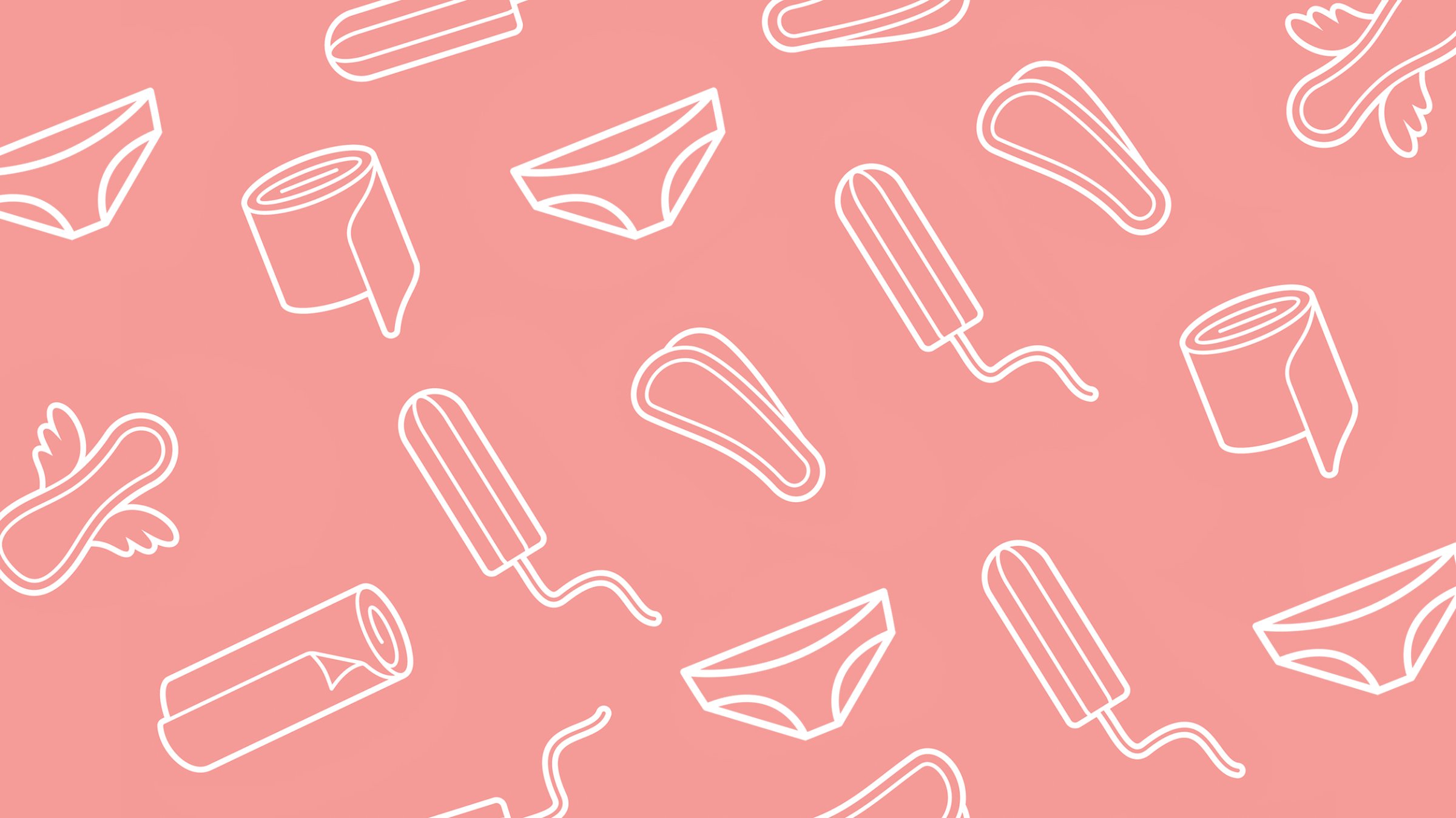
You know that taking hormonal birth control or, you know, getting pregnant will affect your period. But other less obvious factors can also influence your cycle.
Usually, when you notice a change in your period, there’s nothing to worry about, says Dr. Scott Sullivan, an associate professor of obstetrics and gynecology at the Medial University of South Carolina.
“The first thing I tell people who come in worried about a change is that, most of the time, everything is fine,” he says. “Oftentimes, if you just wait three to six months, whatever changes are seen will straighten out.”
If you’ve noticed a recent change, one of the common culprits below could be to blame. But remember, the best way to figure out what’s behind any unusual symptoms is to visit an OB-GYN for an exam.
1. Diet
While overdoing it with spicy food for a couple of nights in a row won’t impact your cycle, sustained diet overhauls can affect your period. “In general, if your nutrition is poor and you’re not getting enough calories, periods tend to go away for a while,” says Sullivan. “If you’re gaining weight, it’s really unpredictable. With certain people, they become heavy and frequent. With some people, they become really irregular. So on that end, it’s a little more unpredictable.”
2. Exercise
In most cases, starting a new exercise routine shouldn’t really affect your period. But an extreme new regimen—say, training for a marathon or triathlon or even doing intense interval training regularly—can cause you to menstruate less frequently or not at all.
“That can really shut a period down because of the intensity of the workout or the weight loss associated with it—or just the hormone changes from intense exercise,” says Sullivan. “It sends a signal to the brain and ovaries to take a temporary pause. That’s not dangerous, it’s not unexpected. The biggest problem with that is you can have low estrogen in those settings and you can lose bone mass over time, but that’s often offset by the exercise.”
If you’ve been following an extreme exercise routine and go more than a year without having your period, Sullivan says it’s important to check in with your doctor to avoid any long-term side effects.
3. Stress
This can impact your period more quickly than other lifestyle changes.
“If your brain is stressed, it’s putting out stress hormones,” says Sullivan. “You may not be sleeping, and your heart rate is likely up. That can really affect your period. It usually throws off the timing.” In other words, your cycle may suddenly become shorter or longer than what you’re typically used to.
Read more: Offering Women Period Leave is a Double-Edged Sword
While anxiety can be difficult to “cure,” Sullivan says that, when your stress levels return to normal, your period should, too.
4. Smoking and excessive alcohol intake
“These tend to make periods more irregular and change the timing for people,” says Sullivan, who notes that the most important thing is to know your baseline. That way, if anything changes, you’ll notice and be able to check in with your doctor about it.
“Learn your own body’s rhythms and what’s normal for you,” he says. “There’s a wide range of what’s normal.”
More Must-Reads from TIME
- Why Trump’s Message Worked on Latino Men
- What Trump’s Win Could Mean for Housing
- The 100 Must-Read Books of 2024
- Sleep Doctors Share the 1 Tip That’s Changed Their Lives
- Column: Let’s Bring Back Romance
- What It’s Like to Have Long COVID As a Kid
- FX’s Say Nothing Is the Must-Watch Political Thriller of 2024
- Merle Bombardieri Is Helping People Make the Baby Decision
Write to Robin Hilmantel at robin.hilmantel@time.com